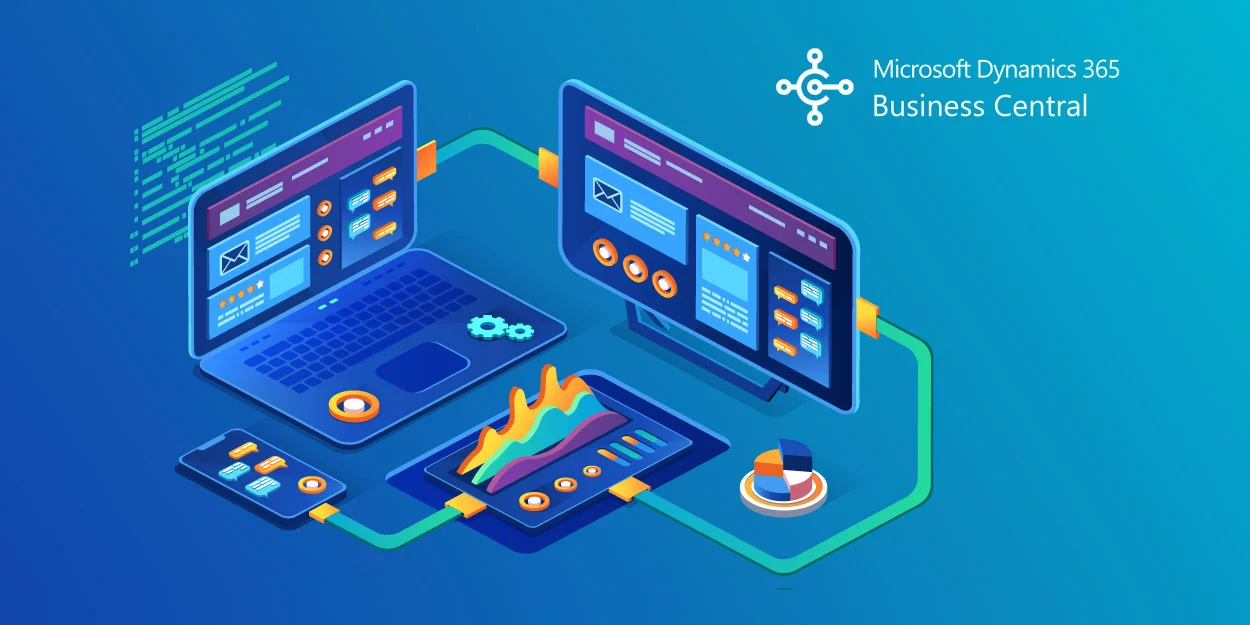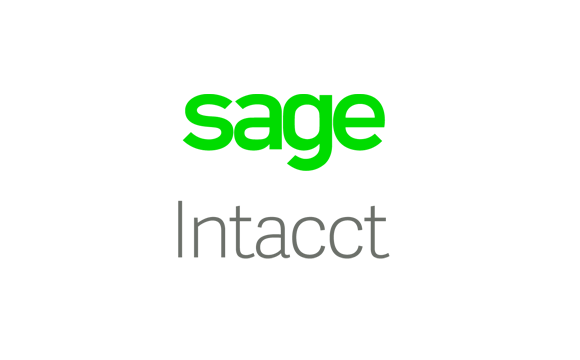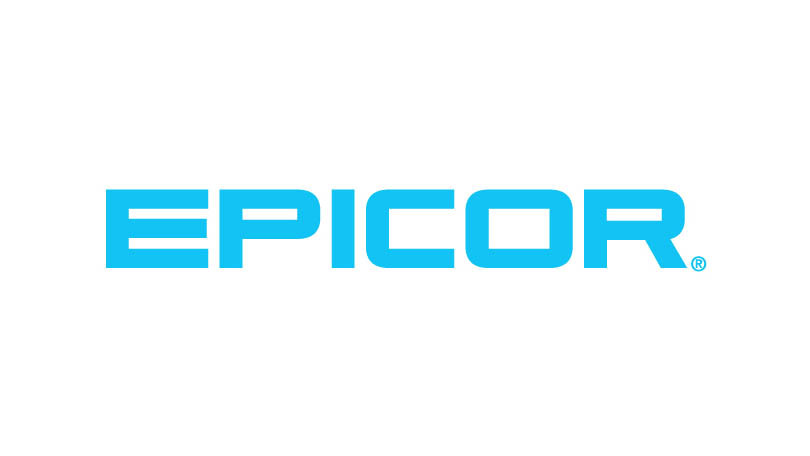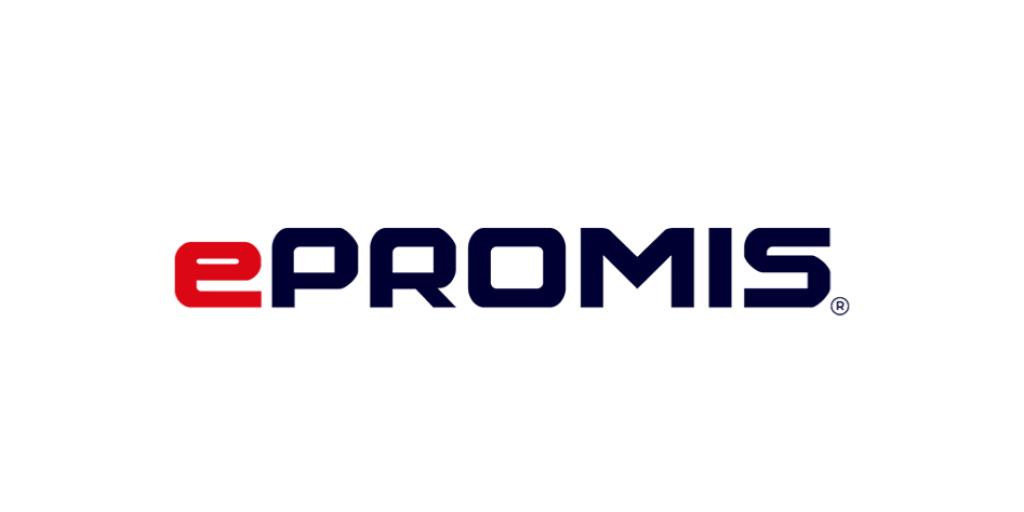You often have to do many things when running a small business. You may have to handle all operations, transportation, inventory, human resource management, and other tasks by yourself or with little help. We will talk about Sap ERP Alternatives for Small Businesses in this post.
But as your business expands, you’ll find that you’re taking on more than you can handle. You’ll need to hire more people and create clearer systems and processes.
The software solution for the SAP ERP system can help you handle your small business’s growth. ERP software solutions are becoming more widely used in small and medium-sized businesses and are no longer just a feature of big organizations.
About SAP ERP:
Without question, the SAP ERP system is one of the most popular ERP software solutions on the market. It gathers information from different business processes in real-time so that resource planning can be done well.
It has many modules for operations, supply chain, transportation, finance and accounting, human capital management, business services, and product lifecycle management. This makes operations around the world more efficient and unified.
It makes sense, is easy to use, and is safe. Businesses can further improve their operations and stand out from the crowd with the help of its advanced reports and analytics tools.
Why Do Small Businesses Need SAP ERP Alternatives?
For the most part, the SAP ERP solution was made to fix some of the trickiest business issues. It was made for businesses with billions of dollars annual sales and multiple production units worldwide. It works well for big businesses.
There are a lot of costs that come with owning SAP ERP. Depending on the company’s size, putting SAP ERP in place can cost anywhere from a few million to several hundred million dollars. A lot of special code is needed, and the execution takes a long time.
You will also need regular upkeep and help from inside and outside the company. For the SAP ERP to produce a return on investment, it must handle a lot of data and be used frequently by many users. The SAP ERP solution might not be appropriate for running a small business. There are great alternatives to SAP ERP that are made for small businesses and can save you a lot of time and money.
Choosing an ERP Solution for Your Small Business:
When choosing an ERP solution for a small business, think about the things below:
Cost:
For on-premise ERP solutions to work, you need your computers and a professional team to keep them running. They also cost a lot. Small businesses can look at cloud-based or hybrid (part-cloud and part-on-premise) solutions for cheaper choices.
Integrations:
You should keep adding to your tech stack as your business grows. It would help if you bought a solution that works with the systems you already have and the ones you plan to use.
Mobile App:
Small businesses can achieve fast growth by giving their customers mobility and ease while on the go in the form of a mobile app. Pick an ERP solution that also has a mobile app.
User Reviews:
Consider customer comments and scores to ensure that you choose an ERP solution that will likely work as expected.
Scalability:
Any ERP software you choose must be able to expand quickly in line with business growth. When your business outgrows the current solution, spending money on a new one and going through the same steps all over again doesn’t make sense.
Training:
Employees and owners of small businesses may need to gain the technical skills to learn how to use an ERP system on their own. Get simple training plans, tools, and resources with any solution.
Implementation:
Many ERP solutions available today are made specifically for small businesses and can be set up in a matter of minutes with just a few clicks. Stay away from ERP solutions that have long implementation plans.
Support:
Once more, it’s important to remember that small businesses usually need the technical know-how to fix problems with the ERP system. Make sure the seller is ready to give you good customer service.
Regular Software Updates:
Any software solution must be updated regularly for bug changes, new feature additions, and security patches. You can pick one of the ERP solutions that can make these kinds of changes instantly.
Top SAP ERP Alternatives for Small Businesses:
Here are the best alternatives to SAP ERP that we think small businesses should consider:
1. Microsoft Dynamics 365 Business Central

The structure of Microsoft Dynamics 365 Business Central is like that of Microsoft Outlook and Office 365. It is a complete tool. It has many ERP and CRM features that small businesses can use. You can choose the features you need and create a key perfectly suited to your business needs, a great feature of this ERP solution. It’s easy to use, flexible, and clear. The system can be deployed in the cloud, in a hybrid way, or on-premise, which lowers the cost of implementation.
1. Sage Intacct

In addition to a few other inventory and order management modules, Sage Intacct has a finance management module at its core. Full-fledged ERP systems have a lot more modules than this one. Human resource and customer relationship management are two examples of modules it doesn’t have.
But its finance management tool can help you keep track of your cash and income, general ledger, accounts due and outstanding, time and expenses, and projects. The cloud-based solution comes with apps for both Android and iOS phones. Tracking loss and 1099 reporting support are two other features that make it stand out. A feature of the SAP ERP solution is support for 1099 reports.
3. NetSuite

NetSuite lets small businesses connect to the cloud. It works well on phones, too. No matter where its users are, it gives them access to real-time info and helps them make quick choices. It also costs less because it’s in the cloud and requires no professional help. You can change how its features work, and as your business grows, you can count more features. NetSuite has enough features for small businesses, such as managing finances, accounts, inventory, bills, and payments.
4. Epicor ERP

The Epicor ERP solution has modules for budgeting, customer relationship management, project management, supply chain management, project management, product lifecycle management, and project management. Because of this, this ERP solution is especially useful for businesses that provide services to customers in stores and make, ship, and sell goods. It is an all-in-one solution that lets you watch, measure, and keep an eye on your shop floor, inventory, plant operations, current customers, customer leads, and other parts of your business in real-time.
5. ePROMIS

Supply-chain management, inventory management, customer relationship management, human capital management, finance management, and Business Intelligence-driven reports and analytics are just a few of the features and modules that can be found in most ERP solutions. As a result, it works well in almost all fields, including shopping, manufacturing, building, real estate, and more. Management of fleets and events management for customer, seller, and dealer events are two of its unique features.
Conclusion:
While SAP ERP is an exceptionally high-performing solution for big organizations, it is too hard to use and expensive for small businesses. Small businesses can use SAP ERP alternatives that are much more flexible and easy to set up and use. Not only that, but alternatives to SAP ERP cost a lot less.
